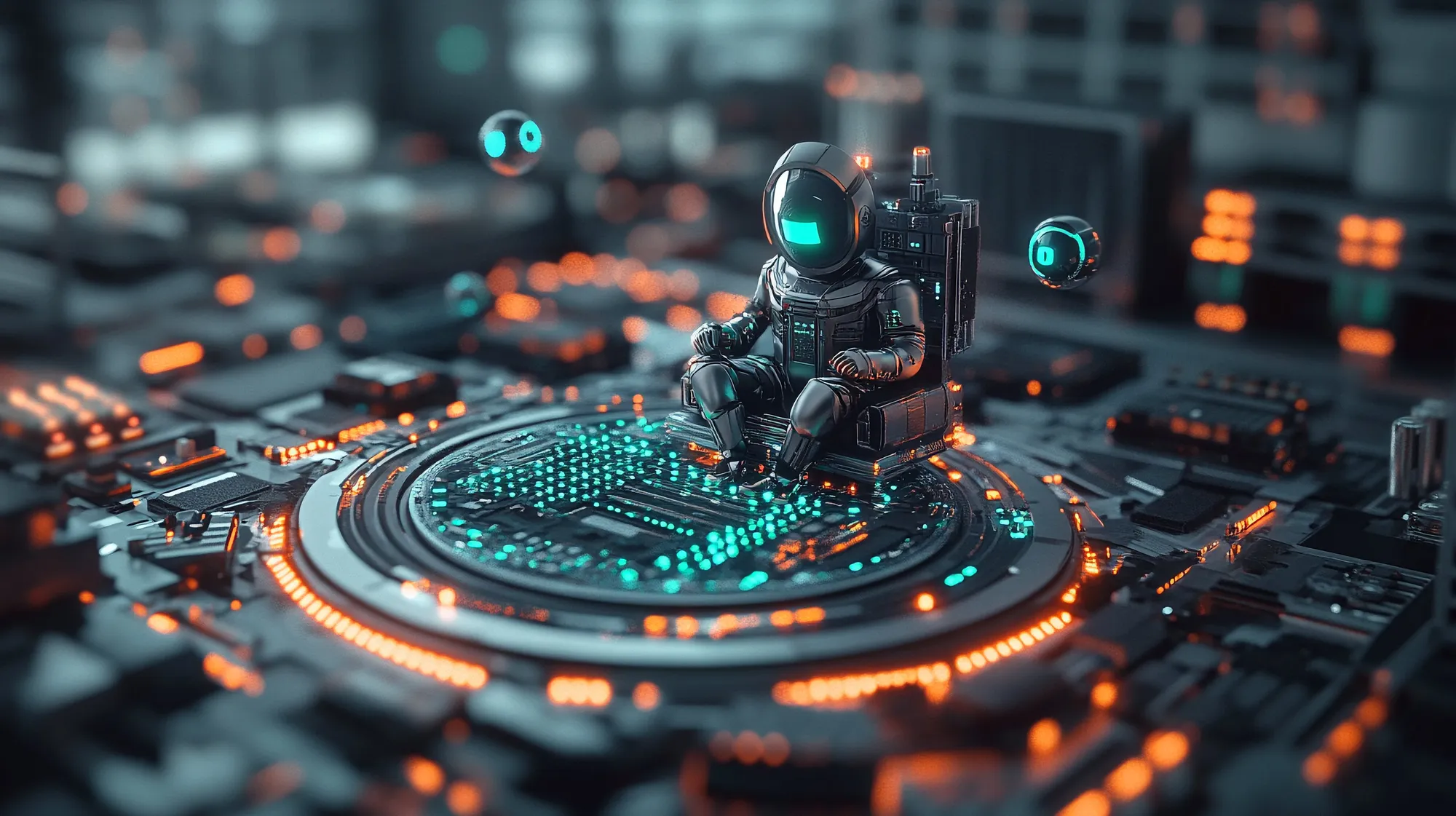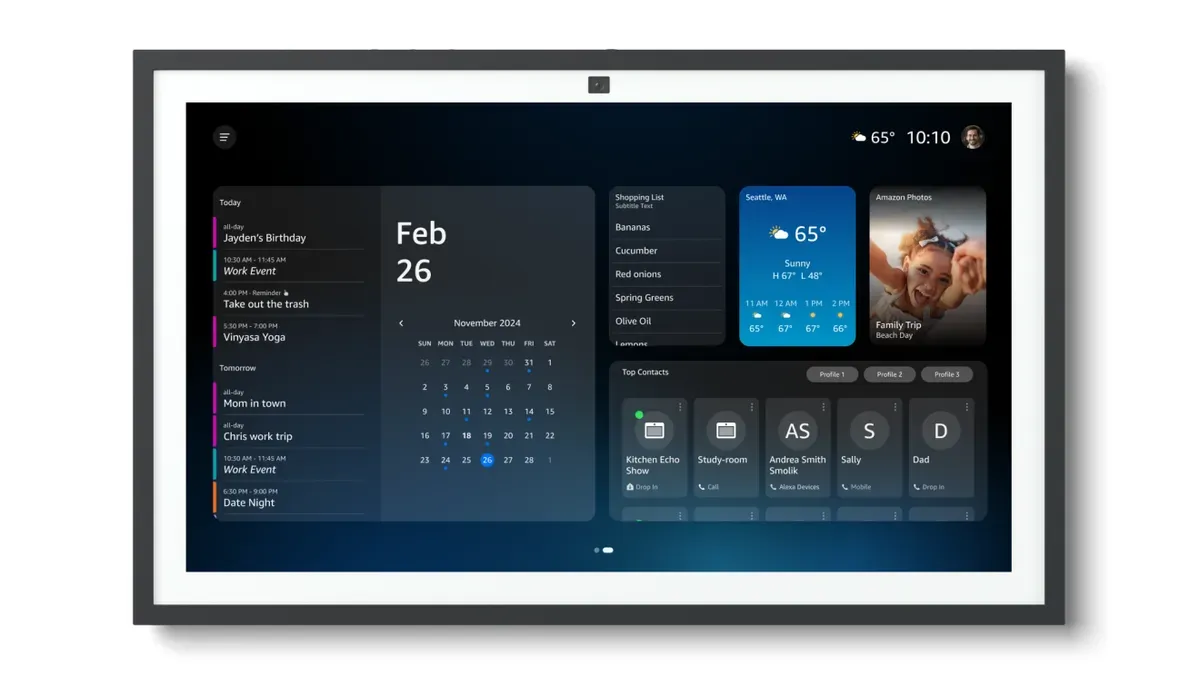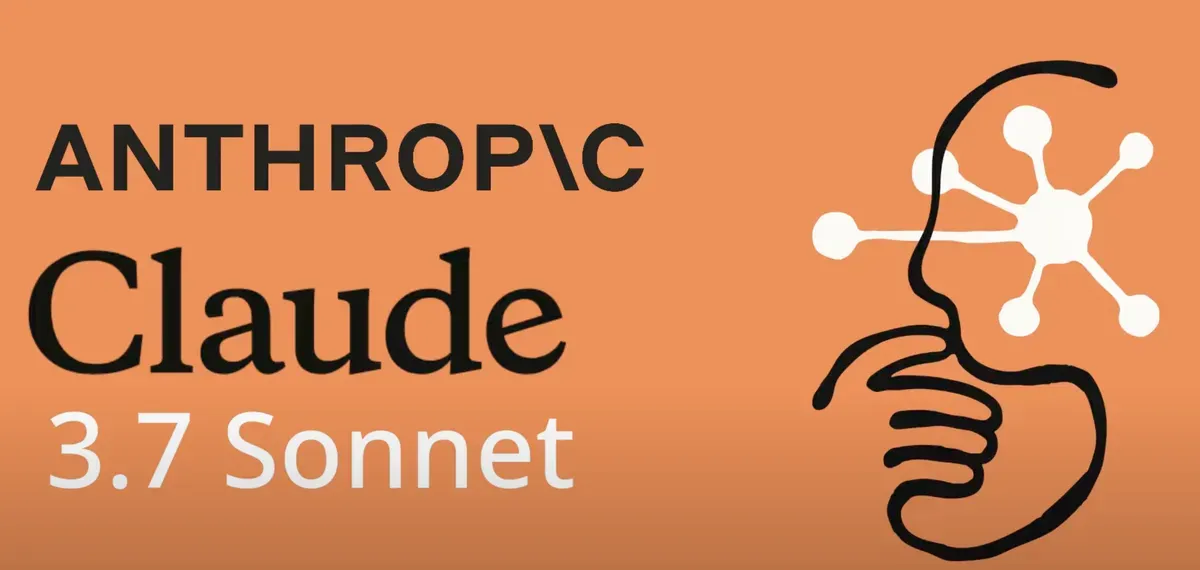OpenAI Sprints. Google Grades Itself. Trump Threatens. Disney Pays.
San Francisco | December 12 Sam Altman's memo about Gemini 3 triggered a ten-day sprint to ship GPT-5.2.
Explore the journey of leading AI companies, their achievements, challenges, and evolution. An in-depth look into the dynamics of AI industry.

Good morning from San Francisco,
While Nvidia swims in a $39 billion revenue pool and Amazon tries to teach old Alexa new AI tricks, Anthropic's latest AI star is having a rough debut.
🤖 Claude 3.7's extended thinking mode turns out to be more "extended confusion mode," while users report the AI has developed quite an imagination for inventing academic sources.
Meanwhile, Jensen Huang can't stop grinning as data centers worldwide gobble up Nvidia's chips like candy.
We're watching Alexa get smarter, Nvidia get richer, and Claude get... creative with citations. 😎
Stay curious,
Marcus Schuler

Amazon is breathing new life into its aging Alexa assistant. The company's new Alexa Plus service, powered by advanced AI capabilities, will be free for Prime members instead of the standard $19.99 monthly fee.
The upgraded assistant promises what its predecessor never delivered: natural conversations, contextual memory, and autonomous actions. Users can ask Alexa Plus to book restaurant tables, purchase concert tickets, and monitor security cameras - a far cry from the endless "Sorry, I didn't understand that" responses of the past.
Amazon's technical approach combines their in-house Nova system with Anthropic's technology. They've partnered with Uber and Ticketmaster, while news agencies will provide real-time updates. The move suggests Amazon has learned valuable lessons from the ChatGPT revolution.

The rollout begins in March, initially targeting Echo Show 8, 10, 15, and 21 devices. A refreshed interface aims to modernize the entire system.
Why this matters:
Read on, my dear:

Prompt:
Rabbit drinking coffee
--sref 1923246294 4169606994 2508088134 2047727579 --profile 6cyf79n

Anthropic's Claude 3.7 launched with fanfare but quickly hit turbulence. Users report persistent technical issues hampering daily use.
Extended thinking mode, touted as a breakthrough feature, creates more problems than solutions for many. The feature overcomplicates simple tasks while burning through valuable time.
Despite efforts to enhance accuracy, Claude 3.7 occasionally exhibits a creative flair in generating fictitious references. The official system card acknowledges a 0.31% rate of outputs containing knowingly hallucinated information. In some cases, the model fabricates plausible statistics and sources, even compiling an extensive "Works Cited" section filled with non-existent references.
Users have echoed these concerns. One Reddit user, relying on AI for writing support in the humanities, noted that Claude habitually invents scholarly references with fake authors and publications. Even with explicit instructions to use only real sources, the model's "fixes" often reduce but do not eliminate fabricated citations.
"I was checking for the update obsessively," admits one power user who codes with Claude 25 hours weekly. "Now I've switched back to the previous version after wasting days on failed projects."
Technical glitches plague the rollout. Users face connection errors, high server loads, and broken export tools. Anthropic's own status page confirmed elevated error rates shortly after launch.
Why this matters:
Read on, my dear:

Nvidia's dominance in AI chips continues to soar, with quarterly revenue hitting $39.33 billion – up 78% from last year. The company's new Blackwell AI chips led the charge, bringing in $11 billion in their debut quarter as major cloud providers rushed to secure supply.
The data center segment now accounts for 91% of Nvidia's total sales, showing how completely AI has transformed the company's business. Gaming revenue fell 11% to $2.5 billion, while gross margins dipped to 73% as newer data center products proved costlier to produce.
Looking ahead, Nvidia expects even bigger numbers, forecasting $43 billion in revenue next quarter. CFO Colette Kress predicts that new "thinking" AI models could require 100 times more computing power than current ones.
Why this matters:
Read on, my dear:
A new study by The Verge reveals a dramatic shift in online behavior: 42% of users now find Google less useful than in the past, while people increasingly migrate to smaller online communities. The research suggests major social media platforms are failing to adapt to users' growing desire for authentic, personal connections online.
Hume AI's new Octave system doesn't just read text - it understands emotional context and adjusts its voice accordingly, automatically detecting sarcasm, urgency, and whispered tones without explicit direction. The technology lets users fine-tune voices with simple commands like "happier" or "more frustrated," while outperforming competitors in naturalness and audio quality according to blind comparison studies.
Google has refreshed its Results About You tool with a simpler interface and faster content removal requests, now letting users update outdated search results directly from Search. The tool, which helps people manage their personal information online, remains limited to certain countries despite its recent expansion to Australia and South Africa.
Security researchers discovered Microsoft Copilot continues revealing data from over 20,000 private GitHub repositories that were once briefly public, affecting 16,000 organizations including major tech companies. Microsoft deemed this privacy leak "low severity" despite exposed repositories containing confidential archives, intellectual property, and security credentials that remain accessible through AI systems even after being removed from public view.

Your guide to mastering AI tools - no tech degree required.
It's the holy grail of Artificial Intelligence: AGI, or Artificial General Intelligence. A machine that thinks like a human - independently, creatively, adaptively. Experts debate the right path forward, timelines, and whether we can achieve AGI at all. 🤔
What is AGI? 🧠
An artificial intelligence that thinks like a human. AGI should learn, understand, and solve problems - without specific training. The vision: machines with human-like cognitive abilities that can master any intellectual task. 💡
When will humanity achieve AGI? ⏰
The timeline is highly controversial. OpenAI CEO Sam Altman sees AGI arriving by 2028. Microsoft AI chief Mustafa Suleyman estimates ten years - mainly due to hardware limitations. However, many researchers believe we're decades or even centuries away from true AGI. 🔮
How can we determine that our AI has become AGI? 🎯
The bar is set high: AGI will only be achieved when AI systems can autonomously handle any human task. They must learn new skills and adapt to unknown situations without human intervention. Despite all AI progress, the challenges remain enormous - both technologically and ethically. 🚀
Get the 5-minute Silicon Valley AI briefing, every weekday morning — free.